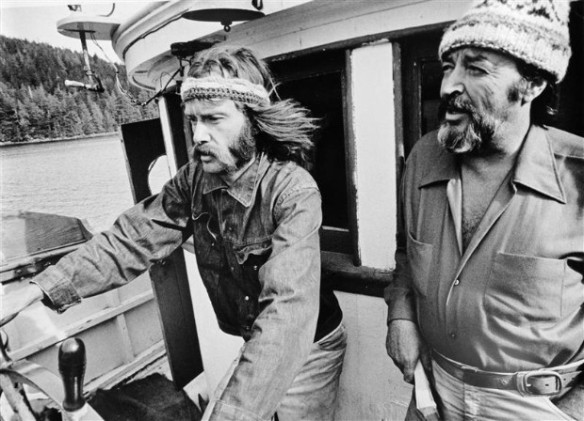life on the other side of the fab four wasn’t all that bad
1971 was the year many believe the true digital age began with the first use of the Intel 4004 microprocessor, pocket calculator, floppy disk and liquid crystal displays ( LCD ). The first email was sent between two computers and the first e-book was published – mere words and the time it takes to transmit them would never be the same again.
Technology spread to the money markets as well: countless millions were poured into the new stock index when the Nasdaq opened on February 8. Something was definitely up on Wall Street, by May the US dollar had flooded the European currency markets threatening to bring down the Deutsche mark. In a show of unity and foresight, the central banks of Austria, Belgium, the Netherlands and Switzerland stopped the currency trading. The growing American trade deficit, due in large part to paying for the Vietnam War, began to undermine the value of the dollar and in one short, sharp economic shock President Richard Nixon abandoned the Bretton Woods system. A 90-day freeze on wages, prices and rents would not go far and by December the american dollar was devalued and became, like most forms of money circulating around the globe today, fiat money unbacked by any physical asset.
Governments continued apace, countries rose and fell, coups were attempted, succeeded and failed. Ordinary people still wanted the wars to end – 12,000 were arrested in the 1971 May Day Protests in Washington. The only ones who seemed to be listening were Australia and New Zealand, they took a decisive action and removed their troops from Vietnam. Politicians knew that a greater game was afoot and the US, UK and USSR among others had the good sense to sign the Seabed Treaty which outlawed the use and testing of nuclear weapons on the ocean floor. The United States found an alternative in Operation Grommet and proceeded to detonate a 5 megaton thermonuclear warhead underground at Amchitka Island in Alaska. It was no wonder that the founders of Greenpeace were so driven – through activism, and by questioning governments management and misuse of the resources entrusted to us, they brought public attention to the threats lurking in our own backyards.
Like all those who were taking their destinies into their own hands, and in a caper to rival the Great Train Robbery, D. B. Cooper parachuted out of a hijacked Northwest Orient airplane during a nasty storm over Washington. The mystery man and over $200,000 in ransom money were never seen again. For over forty years the case perplexed the FBI and remained unsolved until 2011 when a woman came forward with a lead claiming her “deceased” uncle was the perpetrator. The case is still officially open.
Deep down, we all wish to believe that we can always get what we want…
Read more on:

America tried to pressure the British Labour Prime MInister Harold Wilson into sending UK troops to Vietnam. He resisted thank goodness. He knew that the British Army and Airforce – who are proffessional forces – shouldn’t be frittered away on an unwinable war with dubious objectives. Eventualy the UK government would have to introduce conscription. Any Uk government who tried that would be out of office before they flush a lavatory.
Just as well as the British army was starting to get very busy in Northern Ireland.
LikeLike
Wilson did get flack for his actions (in the US) but did the right thing about Vietnam. Too many unwinnable wars are engaged in by countries who shouldn’t be there in the first place. 40 years on and the US is still stuck in the military machine’s quagmire….
LikeLike